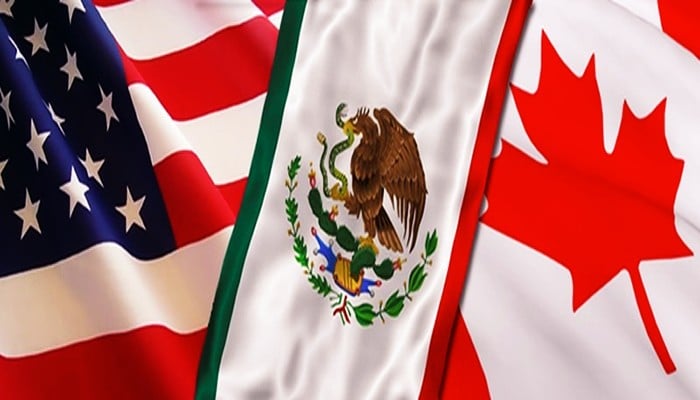The United States-Mexico-Canada Agreement Will Provide a Boost to the Global Digital Economy
Today, however, digital products and services help ensure a more energy efficient and resilient grid, allow for improved agriculture production, and facilitate data driven health care services and improved patient outcomes. According to the World Trade Organization, digital trade accounted for $27.7 trillion in 2016, up 46 percent from 2012. It is imperative that our national and international agreements reflect this new digital complexity. At Schneider Electric, we support the ratification of the USMCA because it provides a regional and international framework for the facilitation of successful digital trade.
The digital trade chapter, which did not exist under NAFTA, serves as a key new strength of the USMCA. It balances national interests with regional economic progress while rejecting digital protectionist policies like data localization that do nothing to enhance the security and privacy of data and only hurt consumers.
Specifically, the USMCA does the following for businesses:
- Prohibits customs duties fees on digital products, thereby reducing unnecessary costs on digital trade.
- Enables the free flow of cross-border data by expressly prohibiting data localization laws, thereby eliminating needless barriers to data access.
- Acknowledges that risk-based and consensus-driven cybersecurity. Approaches are more effective at combatting digital threats than prescriptive, mandatory regulatory regimes that, unfortunately, are emerging throughout the world.
- Enhances the privacy of personal data. By encouraging each nation to adopt and maintain a legal framework that provides for the protection of personal data. In calling for compatibility between these frameworks. The three nations commit to reducing unnecessary regulatory burdens on industry, especially small and medium-sized businesses.
- Preserves corporate innovation. By expressly prohibiting source code transfers as a condition for import, distribution, sale, or use. As well as ensuring robust patent lifespans and protections against counterfeit products. These provisions will allow companies to thrive in the North American market without the threat of forfeiting their core innovations.
Click here to read entire story-> The Hill
———————————————————————————-
Previously published January 18, 2019 | ANNETTE CLAYTON |The Hill








